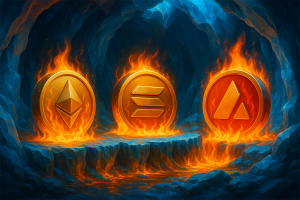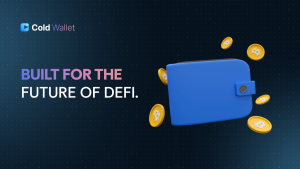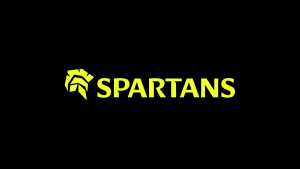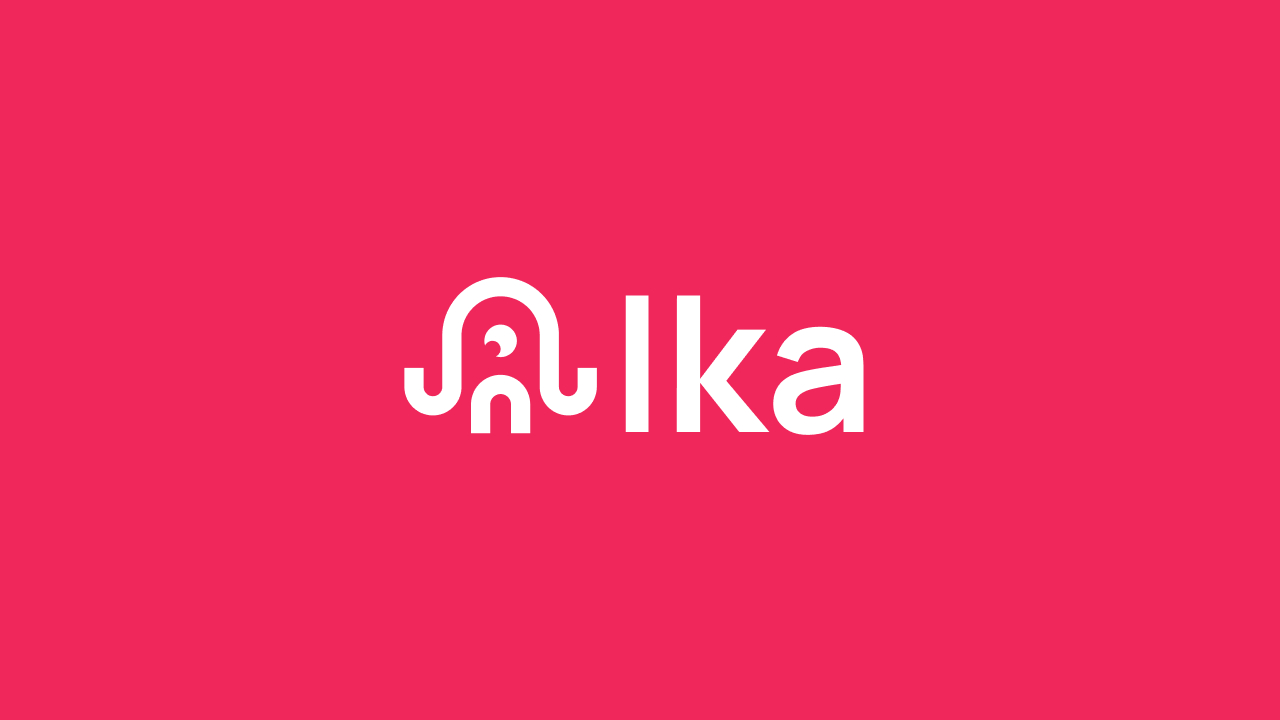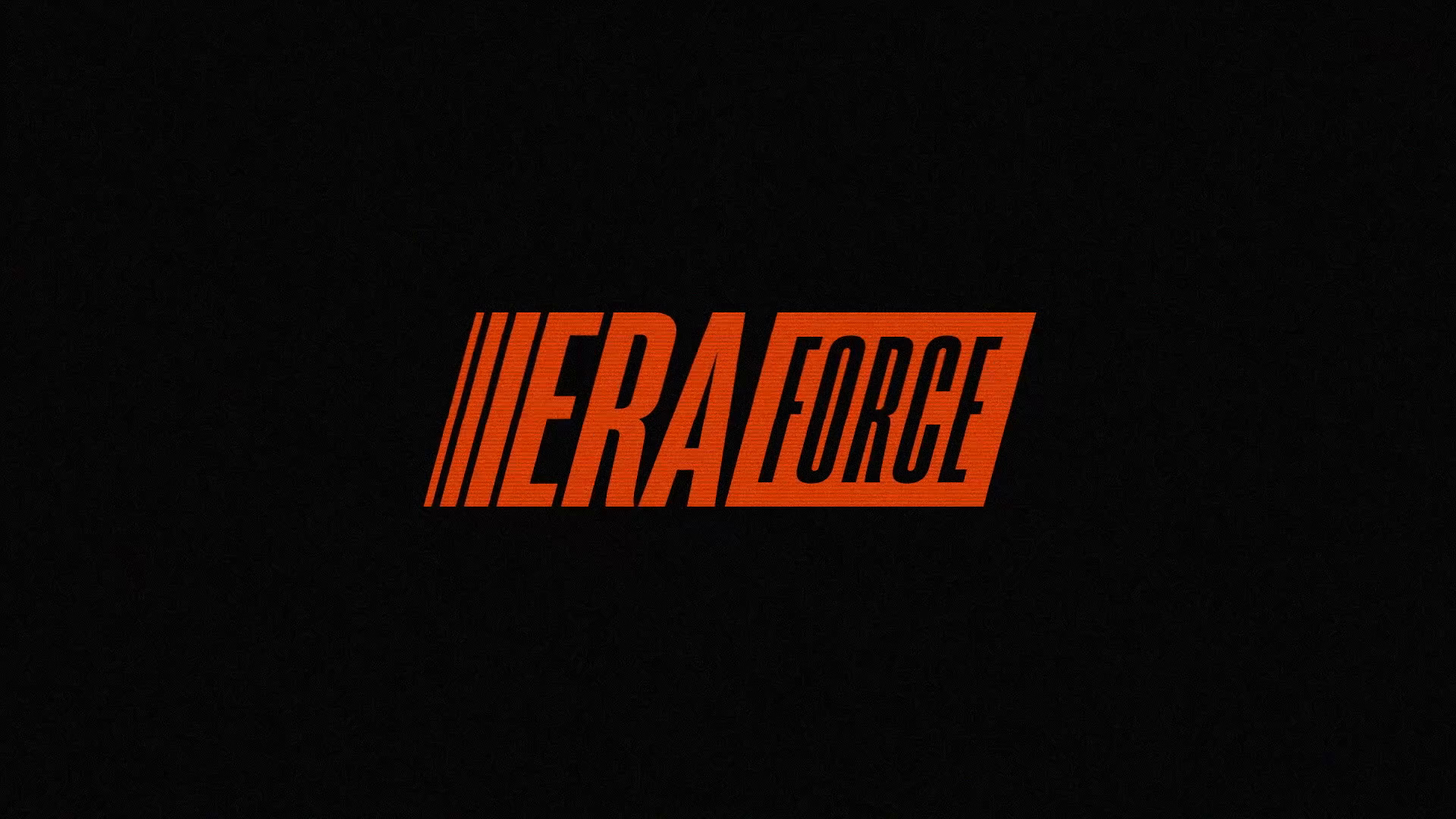Imagine being part of a movement revolutionising finance, reshaping how applications are built, and setting the foundation for a decentralised internet. Blockchain isn’t just evolving—it’s breaking boundaries and rewriting the playbook for how we think about value, privacy, and innovation. In 2024, a handful of crypto projects are leading this charge, transforming key aspects of finance and technology. From Ethereum’s game-changing smart contracts to Qubetics’ asset tokenisation, these projects aren’t just trends but the building blocks of a new digital era. Dive in to discover five cryptos, setting the stage for explosive growth and redefining the possibilities of blockchain.
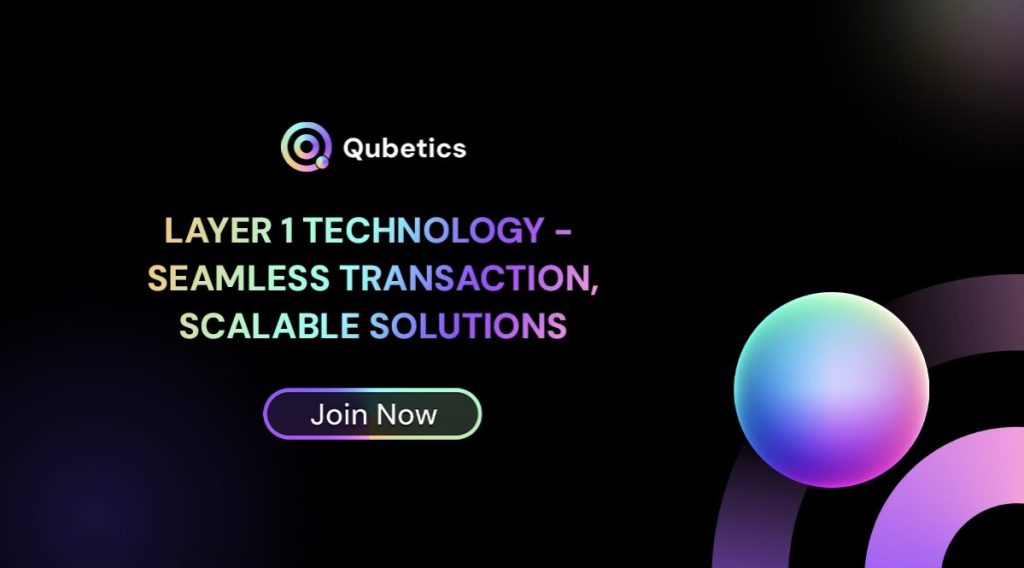
Qubetics Asset Tokenisation: Bridging Physical Assets and Digital Value
Qubetics brings real-world assets to the blockchain through its advanced asset tokenisation framework, allowing users to convert physical and digital assets into tradable, blockchain-based tokens. This approach enables fractional ownership, meaning investors can hold a share of high-value assets like real estate, art, or commodities without purchasing them outright. Tokenisation not only enhances liquidity by making traditionally illiquid assets more accessible but also ensures secure, transparent transactions powered by blockchain technology. By bridging the gap between tangible assets and digital value, Qubetics expands investment possibilities for a decentralised economy.

Ethereum (ETH): Leading the Way in Smart Contracts and DeFi
Ethereum, launched in 2015, is the original smart contract platform and remains one of the most widely used blockchains for decentralised applications (dApps) and decentralised finance (DeFi). By enabling developers to build dApps on its network, Ethereum has established itself as the backbone of DeFi, gaming, NFTs, and countless other blockchain-based applications. Ethereum’s recent upgrade to Ethereum 2.0 is designed to address scalability issues, reduce gas fees, and increase transaction speeds. This upgrade has strengthened Ethereum’s position as the go-to platform for developers and institutions looking to build within the blockchain ecosystem. For investors, Ethereum’s steady innovation and dominance in DeFi make it an essential asset for anyone interested in crypto’s transformative potential in finance and beyond.
Tether (USDT): Bringing Stability to the Crypto Market
For those seeking stability in the volatile world of crypto, Tether (USDT) is a popular choice. Launched in 2014, Tether was the first stablecoin pegged to the US dollar, maintaining a 1:1 value to offer price stability. Tether has become an essential part of the crypto ecosystem, bridging traditional finance and digital assets by providing a safe haven against market fluctuations. Tether’s stability makes it a useful tool for trading, transferring funds, and holding assets without the price volatility typically seen in cryptocurrencies. Its widespread adoption and high liquidity make Tether a fundamental part of the crypto market, offering a reliable exchange medium widely accepted across exchanges and wallets worldwide.
Ripple (XRP): Revolutionising Cross-Border Payments
Ripple (XRP) is a blockchain-based payment solution that streamlines cross-border transactions for banks and financial institutions. Launched in 2012, Ripple’s technology has been adopted by numerous banks globally, making it a popular choice for institutions looking to reduce the time and cost of international transactions. Ripple’s primary advantage is its speed and efficiency—transactions settle in mere seconds at a fraction of the cost of traditional cross-border payments. While Ripple has faced regulatory scrutiny, it remains a leading solution in global payments, with partnerships supporting its goal of modernising the financial system. Ripple’s real-world application in finance makes it a standout project for anyone interested in the future of digital payments.
Solana (SOL): Fast Transactions Fueling Web3 Expansion
Since its launch in 2020, Solana has rapidly gained traction due to its exceptional transaction speeds and low fees, making it a strong choice for scalable applications. Solana can process thousands of transactions per second by leveraging its unique Proof of History (PoH) consensus mechanism, establishing itself as a go-to platform for Web3, DeFi, and NFT projects. This high-speed infrastructure has driven significant adoption, especially within gaming and decentralised finance, where efficiency and affordability are essential. Although Solana has experienced occasional network outages, its capacity to support high transaction volumes at minimal cost continues to appeal to developers and investors eager to benefit from Web3’s growth.
Qubetics Presale: Don’t Miss the Opportunity to Invest Early
Through its presale, Qubetics offers a compelling entry point for early investors. In Phase 6, $TICS tokens are available at a price of $0.0175692, but interest is high, with more than 140 million tokens sold and $1.5 million raised. The next phase will see a 10% price increase, making this phase particularly attractive for those looking to join a project with growth potential. For example, a $100 investment at this presale price would yield approximately 5,691 tokens. Some analysts project that if $TICS reaches $15, this investment could turn into a substantial return, showcasing the potential of 85276% ROI for those who join Qubetics early. Qubetics could shape the future of blockchain development, making it a noteworthy addition to any crypto portfolio.
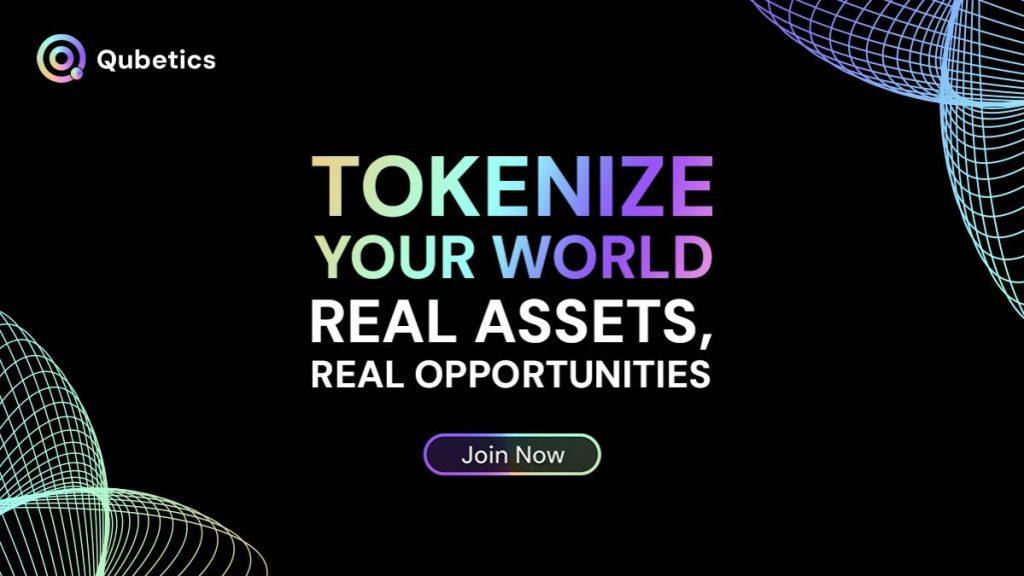
Conclusion
In the market where blockchain technology is continually pushing boundaries, these five projects showcase the transformative potential of crypto to reshape finance, technology, and digital experiences. From Qubetics’ asset tokenisation to Ethereum’s foundational role in DeFi, each project offers unique strengths that address pressing needs within the evolving Web3 ecosystem. Solana’s high-speed transactions, Tether’s market stability, and Ripple’s cross-border payment solutions highlight the diversity and innovation driving the industry forward. For investors and enthusiasts, these cryptos represent opportunities and the chance to be part of a movement redefining the future of digital assets and decentralised finance.

For More Information
Qubetics: https://qubetics.com
Telegram: https://t.me/qubetics
Twitter: https://x.com/qubetics
| Disclaimer: The text above is an advertorial article that is not part of Coincu.com editorial content. |









